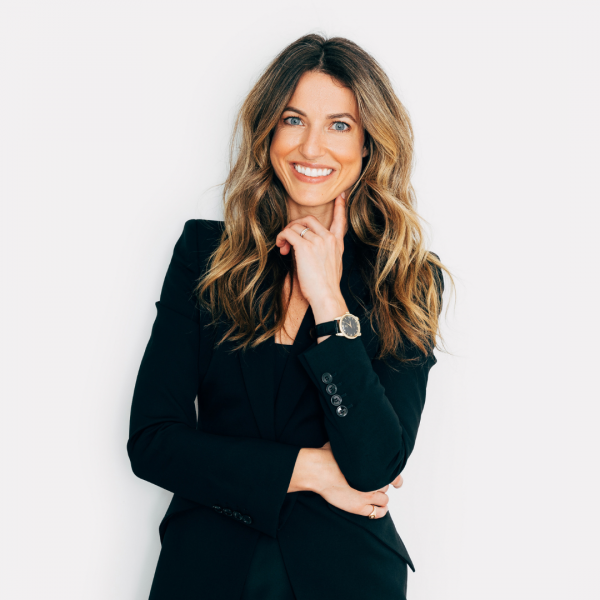This week we’re talking about how to help moms in the postpartum phase, aka the fourth trimester. Our expert this week talks about how different cultures treat moms who’ve recently given birth. Leaning on her research from across the globe, she has tips and advice on how to improve the American experience.
ASK THE EXPERT: Self-care during the “Fourth Trimester”
We sat down with Jane Baecher, Founder of Anya, a postpartum recovery plan. This interview has been edited for time and clarity.
–
Tell us a bit about Anya…
First off, it’s named after my mom. It’s what my daughter– before she could say ‘grandma’– would call her. It also means ‘mother’ and ‘grandmother’ in so many different languages– a good way for us to reinforce the idea that mothers need to be mothered as well.
What do you mean by that?
During pregnancy, there is so much support and resources available for you and your body… Once the baby was born I remember feeling like I was a discarded vessel on the side of the road. So many moms go through this traumatic recovery themselves, from hormones to sleep deprivation, and don’t see their doctors anymore. And they’re doing all that while being responsible for feeding and caring for a newborn.
What really drove me to start Anya was when I learned about how other cultures view this period. In almost every other part of the world, they approach the postpartum phase differently.
How so?
It’s multifaceted. There’s a different support system that’s focused on women and their healing and nourishment. From governmental policies– much more extensive paid maternity leave and paternity leave— to health care, where women receive ongoing care postpartum instead of one visit we get six weeks following. But the big thing that’s so missing from our culture that influenced Anya is the traditions. I was very influenced by my sister-in-law, who is Chinese.
What was a Chinese tradition that made a big impact on you?
My sister-in-law brought her Chinese medicine. And they hired someone to come and focus all on her. Almost like a postpartum doula. She cooked specific foods for her, and introduced them week to week, to support the different phases of recovery. It opened my eyes to the different traditions that exist. I did research and found almost every part of the world has “rest, recovery, healing” for a woman after birth, where she’s relieved of household duties and her only job is to rest and heal and take care of her baby.
Sounds wonderful. Not to ask the obvious, but how is that different from the United States?
Here in the US, it’s ‘How soon can you get back to work? How quickly can you lose your baby weight?’ Women are facing so many different pressures that go against what we need at this time… pressure to look beautiful and bounce back and do it with a smile.
How does that translate to Anya and the products that you sell?
I have a background in nutrition. After the birth of my daughter, I moved into wellness and worked with new moms. And so I started researching different recipes across different cultures, quickly realizing that I had to make something the modern mother can adapt into their life to give them energy, and help with skin repair and hair loss, and that’s easy and takes no more than 10 seconds a day.
